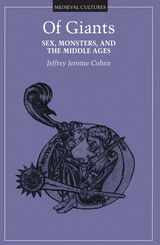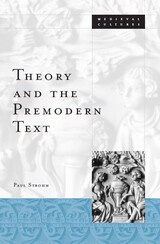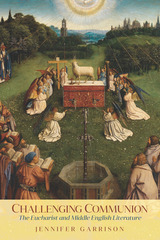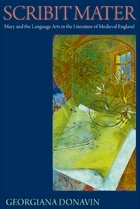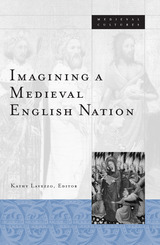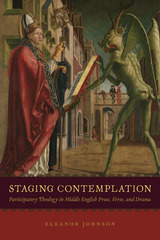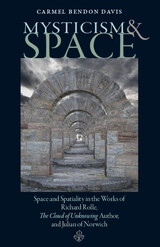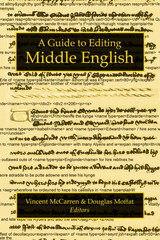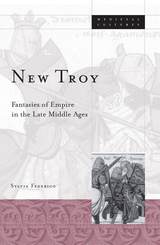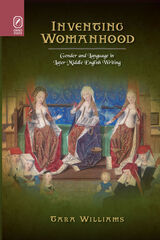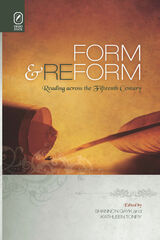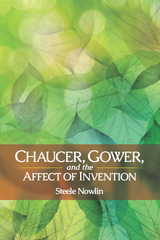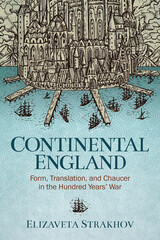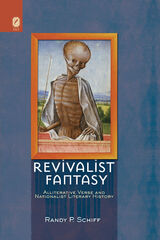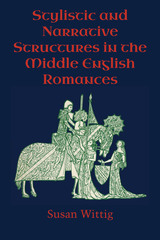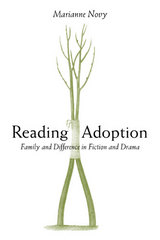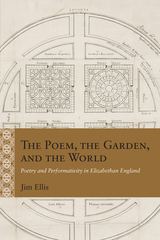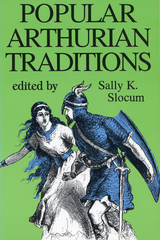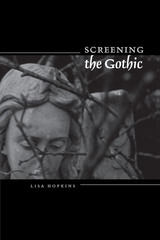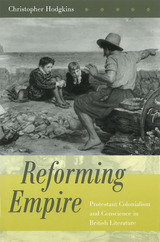Continental England: Form, Translation, and Chaucer in the Hundred Years’ War
The Ohio State University Press, 2022
Cloth: 978-0-8142-1497-8 | Paper: 978-0-8142-5816-3 | eISBN: 978-0-8142-8182-6 (individual) | eISBN: 978-0-8142-8183-3 (institutional)
Library of Congress Classification PR311.S77 2022
Dewey Decimal Classification 821.1
Cloth: 978-0-8142-1497-8 | Paper: 978-0-8142-5816-3 | eISBN: 978-0-8142-8182-6 (individual) | eISBN: 978-0-8142-8183-3 (institutional)
Library of Congress Classification PR311.S77 2022
Dewey Decimal Classification 821.1
ABOUT THIS BOOK | AUTHOR BIOGRAPHY | REVIEWS | TOC
ABOUT THIS BOOK
Scholars have often viewed the Hundred Years’ War (c. 1337–1453) between England and France as sharpening animosity and isolationism. Further, medievalists have often characterized translator–source relationships as adversarial. In Continental England, Elizaveta Strakhov develops a new model, reparative translation, as a corrective to both formulations. Zeroing in on formes fixes poetry—and Chaucer as a leading practitioner—she shows that translation played two essential, interrelated roles: it became a channel for rebuilding fragmented communities, and it restored unity to Francophone cultural landscapes fractured by war. Further, used in particular to express England’s aspirational relationship to Francophone culture despite the ongoing war, translation became the means by which England negotiated a new vision of itself as Continental rather than self-contained. Chaucer’s own translation work and fusion of Francophone and Italian humanist influences in his poetry rendered him a paradigmatic figure for England’s new bid for Continental relevance. Interpreting Chaucer’s posthumous canonization as a direct result of reparative translation, Strakhov shows how England’s transition from island to Continental constituent problematizes our contemporary understandings of nation-bound authors and canons.
See other books on: English poetry | Form | Italian | Middle English, 1100-1500 | Translation
See other titles from The Ohio State University Press

